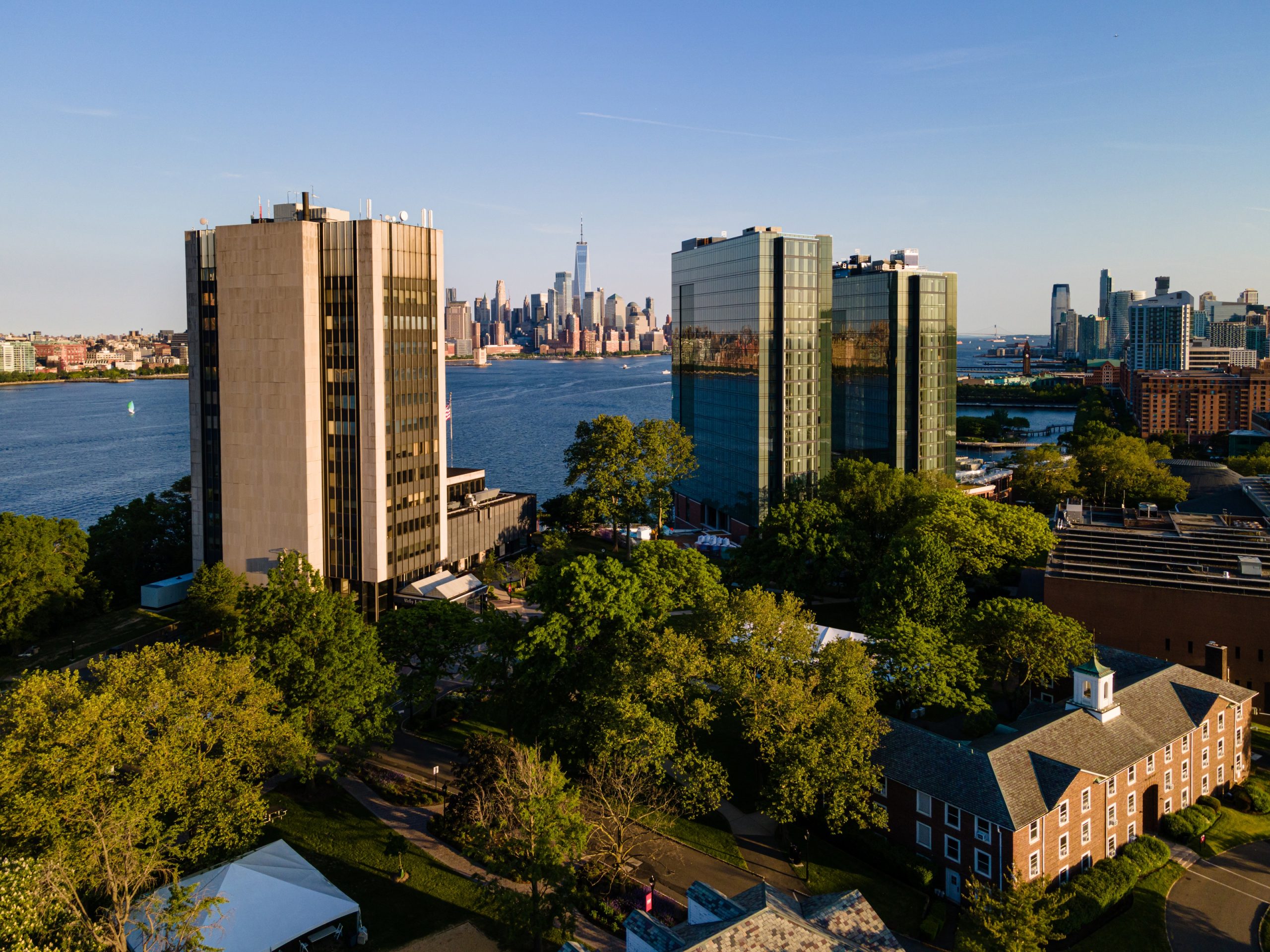The global systems engineering community is well-positioned to tackle the grand challenges of sustainable development, with the recognition that for any system to lead to better society-wide outcomes it must take into account the economic, environmental, and social pillars of sustainability. Convening 16 March 2023 at Stevens Institute of Technology, the Conference on Systems Engineering Research (CSER) is framing a perspective that looks across systems engineering as it is widely known to encompass the broader transdisciplinary perspective of ‘engineering systems’, which include non-engineering disciplines and factor in uncertainty and complexity more heavily.
Dr. Steven Hoffenson and Dr. Lu Xiao, both faculty at the School of Systems and Enterprise and co-chairs of CSER, are clear that systems engineering as a domain of practice is well branched into the complexity that is outside of traditional engineering. “That’s where we’re starting to talk about the need to be very transdisciplinary, that it is no longer just aerospace and mechanical and electrical engineering, but it’s engineering and economics and psychology and marketing, and figuring out how all those disciplines can work together.” Hoffenson noted, “That is really the origin of the School of Systems and Enterprises here at Stevens. We have faculty with expertise on both sides of this distinction.”
To provide a substantive framework for the attendees during the conference, the keynote speakers for CSER 2023 represent a diversity across both disciplines and sectors including: information technology (IT), software engineering, data science, artificial intelligence and machine learning, design and mechanical engineering, and defense industry, healthcare, manufacturing, business and IT automation.
Keynote speakers presenting include Dr. Victoria Coleman, the Chief Scientist of the United States Air Force; Dr. Rick Kazman, the Danny and Elsa Lui Distinguished Professor of Information Technology Management at the University of Hawaii and a Visiting Researcher at the Software Engineering Institute of Carnegie Mellon University; Dr. Kathryn W. Jablokow, Program Director at the National Science Foundation and Professor of Engineering Design and Mechanical Engineering at Penn State University; Ms. Emily Kagan Trenchard, Vice President, Digital and Innovation Strategy, Northwell Health; and Dr. Merve Unuvar, Director, AI Platforms and Automation at the IBM Thomas J. Watson Research Center.
“We are very excited that the diverse background and expertise the keynote speakers will bring to CSER2023,” said Xiao. “Their talks will cover a variety of topics that align with the theme of CSER2023, including defense, software engineering, AI, healthcare, and the measurement of transformative innovation in all these domains.”
Hoffenson pointed with respect to the traditional mode of systems engineering, “If we’re thinking about designing an airplane, we have subject matter experts that can calculate the flow over the wings; we have people who know how to design the propulsion system, a jet engine, fuel injection and all the components; we have engineers who worry about making sure the fuselage is structurally sound; and we have human factors like seating and acceleration forces that have to be accounted for. The systems engineer brings all those people together and makes sure that there’s one airplane that fits together and works.”
However, when it comes to engineering systems, “the analysis of how that system works involves a lot more uncertainty and includes human actions.” Using the example of a city, Hoffenson added, “If we think about urban systems, the performance of a city is highly dependent on how individuals react to policies or infrastructure changes or unexpected events, etc. It’s not a closed system like an airplane where we know the physics, and we can calculate and have a really good idea of how it’s going to perform. It is what some people might call chaotic and that’s where many of the exciting challenges lie.”
In conjunction with CSER, this year’s Systems Engineering and Architecting Network (SEANET) is being held at the Stevens Institute of Technology on March 15, 2023. SEANET is an INCOSE-sponsored organizational network of doctoral students working in the field of systems engineering and architecture aimed at fostering doctoral level research in systems engineering and contributing to the evolving intellectual agenda for systems engineering research. The event is organized this year by Dr. Erika Palmer, Cornell University, and Stevens School of Systems and Enterprises alumnus Dr. Alejandro Salado, University of Arizona. All SEANET participants must register to be included in the workshops.

